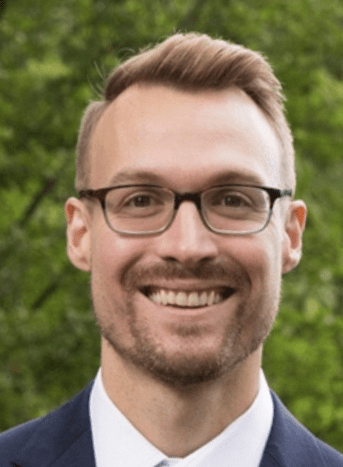Tuesday, November 12, 2019 | 11:00 a.m. to Noon MT
Disaster Spending and Mitigation: A State-by-State Story
Webinar Description:
This webinar will provide an overview of The Pew Charitable Trusts' recent work on natural disaster spending. Remarks will focus on how all levels of government—and states in particular—can manage rising disaster costs by improving how they track spending and by investing in mitigation. Research by Pew has found that disaster assistance is spread across many federal and state agencies and that comprehensive data, especially on what states spend, is missing. Better data could allow both federal and state policymakers to make more strategic decisions about how they spend on disasters, including on mitigation measures that reduce the impact of future events—which a recent Pew analysis found saves money in every state and across disaster types.
Speaker:
Colin Foard
Associate Manager, Fiscal Federalism, The Pew Charitable Trusts
Natural Hazards Center Overview Slides
Webinar Slides
Webinar Questions
Resources:
How Ohio Designed Its System to Track Natural Disaster Spending
Natural Disaster Mitigation Spending Not Comprehensively Tracked
State by State Benefits of Federal Disaster Mitigation Grants
What We Don’t Know About State Spending on Natural Disasters Could Cost Us
Mitigation Matters: Policy Solutions to Reduce Local Flood Risk
How States Pay for Natural Disasters in an Era of Rising Costs
With Costs on the Rise, How Does My State Pay for Natural Disasters?

Colin Foard is an associate manager with the Fiscal Federalism Initiative at The Pew Charitable Trusts. The initiative examines fiscal and policy relationships between the federal government and the states. Colin manages the team’s work on natural disaster spending through stakeholder outreach and research design and implementation.
Before joining Pew, Colin spent five years as a staff member for a senior member of the U.S. House Appropriations and Budget Committees, handling committee work as well as a broad policy portfolio including homeland security, transportation, housing, and immigration issues. He also served as a congressional constituent caseworker and field representative in Oakland, California. Before his work in the U.S. House, he worked as a legal assistant in a criminal defense law firm.
Colin has a master’s degree from the University of California, Berkeley, and a bachelor’s degree from Union College in Schenectady, New York.